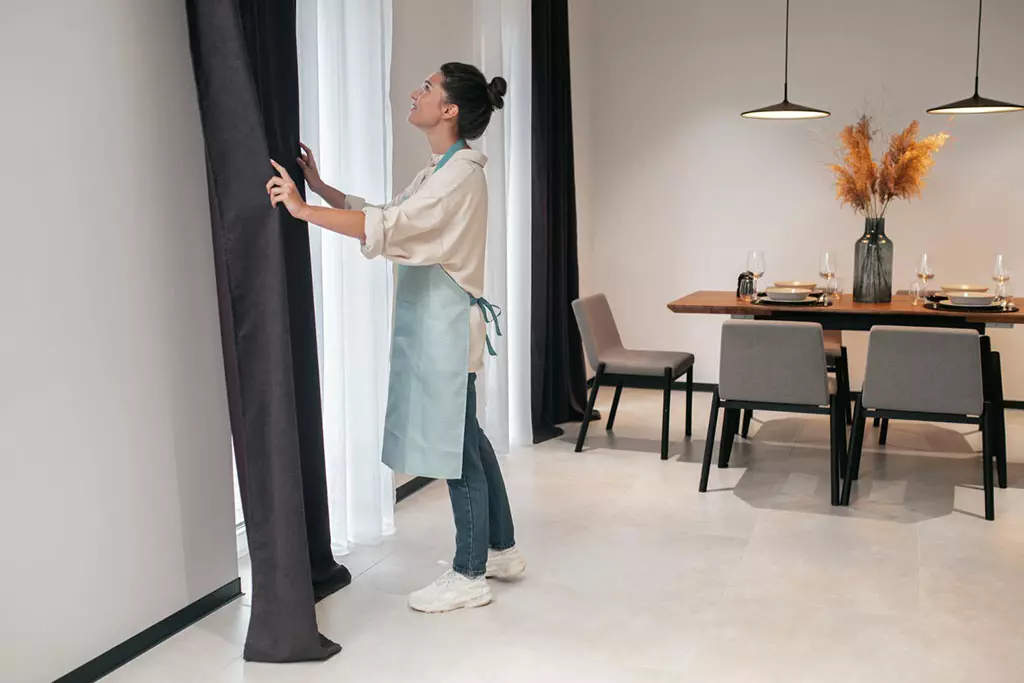
4 Reasons Why Serviced Accommodation Is Not Illegal
Is it illegal to operate a serviced accommodation (SA)? A lot of prospective business owners in the United Kingdom are hesitant to launch a venture like this. Thankfully, it is easy to refute the fallacies and false information that underlie the majority of these worries. If you’re thinking of buying a SA unit but have doubts about some areas of the business, it’s a good idea to find out if those concerns are unfounded.
Is Serviced Accommodation Illegal?
All forms of serviced accommodation (SA) are lawful. It is clear that SA is a valid business when the business is properly understood and appropriate contractual agreements are used. SA and subletting are two different ideas, and participating in SA does not entail any illegal activity. This distinction is vital.
Other Misconceptions About Serviced Accommodation:
1. The property Won’t Suffer Continuous Damage
After giving it some thought, it’s easy to see why: long-term family stays sometimes encourage a sense of ownership, which may result in poor maintenance of the property. Short-term visitors, on the other hand, are fully aware that the house belongs to someone else. Furthermore, visitors are made aware of the repercussions of any harm by properly formatted terms and conditions pages.
2. The Market Isn’t Oversaturated
As was already indicated, there is a large demand for serviced accommodations (SA), especially in underserved and specialty sectors. The false belief that the market is saturated frequently results from a lack of contacts and industry insights.
3. Serviced Accommodation Operates With Minimal Regulation
You should be reassured that there is not much regulation in the SA sector if you were worried about compliance. Generally, you can let a typical property with very little changes. While offering extra security measures to guests is not legally required, it is advised. Some necessities, such as gas safety and EICR, are.
4. Holiday Lets Encompass Self-Catering Accommodations And Enjoy Universal Appeal
These type of accommodations are still in demand throughout the holidays since many businesses, like contractors, prefer self-catering to standard hotel stays.
What Are The Benefits To Landlords Of Serviced Accommodation?
In order to optimise rental property yields, property owners and landlords are increasingly resorting to serviced accommodations.
In contrast to conventional buy-to-let properties, which are rented on an assured shorthold tenancy (AST) basis for six months, serviced accommodation provide more flexibility by allowing tenants to choose whether to rent for shorter or longer durations.
Comparing this arrangement to monthly AST payments offers a huge chance to increase rental income. For example, short-term rental income from a home at £80 per night or £560 per week could be more than the £600 monthly income from an AST.
While there may be periods of inactivity on occasion, location and marketing strategies have the potential to exceed the monthly average monthly rental income.
Furthermore, because there are no tenant concerns, property owners discover that selling a short-term rental is frequently simpler and faster.
What Are The Drawbacks To Landlords Of Serviced Accommodation?
Although the possibility of earning money from providing services can be alluring, there are a few things to keep in mind:
- It is the landlord’s responsibility to schedule and pay for utilities such as gas, electricity, Wi-Fi, and housekeeping.
- Expenses for marketing could be greater than for buy-to-let rentals because consistent guest attraction is required.
- During idle seasons, especially in the winter, income may drop.
- The furnishings on the property must be of a good calibre and in line with the rates charged to visitors.
- If self-managing the property, the landlord has to be accessible to answer questions from visitors and deal with any problems that may come up. Or, employing a specialised rental agency comes with costs that need to be included in yield estimates.
- It’s crucial to put up a coded security box for key retrieval or organise a meet and greet for prospective visitors.
- If a residential property in London does not meet these two requirements, it is illegal to use it as “temporary sleeping accommodation” without authorisation from the planning authority. This means that the local council where the property is located must get planning permission for any property used for short-term rentals for a total of more than 90 nights in a calendar year.
- Councils may also share concerns about illegal short-term letting with the Tax Office, HMRC.
What Should Serviced Accommodation Include?
A comfortable substitute for hotel rooms, serviced accommodation offer a full living area with all utilities included in the monthly rental price. Landlords are required to supply:
- a completely functional kitchen that includes a dishwasher, a washing machine, and all the appliances needed for cooking.
- A bathroom.
- A furnished living area.
- Wi-Fi and a TV.
- For studio apartments, at least one separate bedroom or a designated sleeping space.
- all utilities, such as gas, electricity, and water, if any.
- Regular housekeeping or more frequent cleanings are available.
Are Serviced Accommodations A Good Investment?
The serviced accommodation market is one of the fastest-growing segments of the UK rental market.
Like any other type of rental property, whether it’s a buy-to-let, vacation rental, or serviced accommodation, location is essential to optimising revenue and maintaining or raising the value of your investment.
Every real estate investment involves some degree of risk, so before making any financial commitments, it’s critical to do extensive research on the area, estimate the need for serviced accommodations there, and evaluate the property’s potential.
RECENT POSTS
OPENING HOURS
| Monday - Friday | 9:00 - 17:00 |
| Saturday | 9:00 - 12:00 |
| Sunday | CLOSED |
